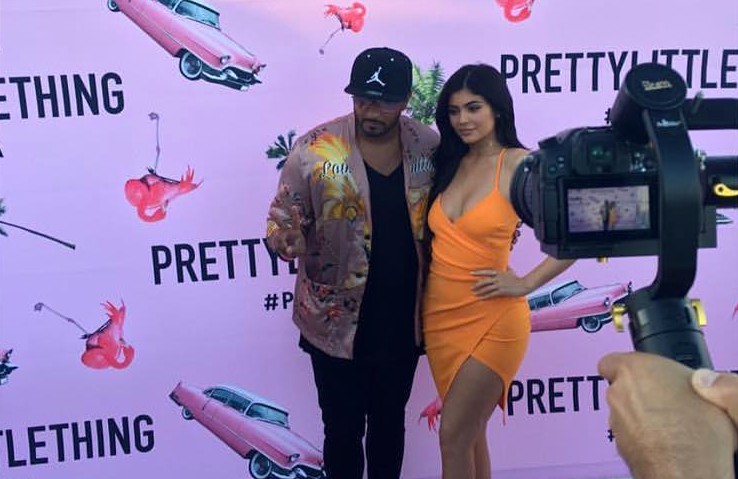One of the forward-thinking marketing trends that has emerged in the past few years has been influencer marketing. What was once reserved for big brands and celebrities only, has now stretched into the digital realm. Anyone with any loyal social following, in some capacity, could be labeled as an “influencer,” and big brands are offering big money for the ones who can effectively rep their products.
In terms of clothing and apparel especially, brands are sensitive to the fact that consumers want to wear “what’s popular”—and “what’s popular” is largely defined by who is already wearing it.
In the conventional sense, many brands search for and offer influencers in their respective market(s) upfront payment—or in some sense, an equity or affiliate deal—for them to wear and promote their products in an organic way on social media. For clothing in particular, this doesn’t just mean encouraging fans and followers to buy a certain piece or outfit. It means snapping a few photos showcasing the outfit in a way that would make someone want to buy, with or without the call to action.
However, some brands are aware of the power influencers hold within each market and have decided to flip the equation. For example: Pretty Little Thing is a female fashion brand focused around the pop culture, trendy styles worn by some of the world’s hottest celebrities. Their mantra? “If a celebrity can wear it, so can you.”
Instead of always approaching influencers to promote the looks and styles of the fashion brand, Pretty Little Thing keeps a close eye on what the big celebrities are already wearing and then offers identically hip, cost-effective looks for everyday consumers.
“We want girls, ladies, women to feel like they’re special, and that they are wearing what their favorite celebrities are wearing. That’s our brand, and that’s the mission that has brought us from shipping one order a day to now having over 350 people working within our business. We have grown exponentially off the simple idea that if a celebrity can wear it, so can you,” said Pretty Little Thing CEO, Umar Kamani.
While Pretty Little Thing also works with influencers of their own, executing their own influencer marketing strategy, much of their appeal comes from keeping their finger on the pulse of what has already been deemed popular by the market.
“We were quite open-minded about the direction of the company, back in the beginning,” said Kumani. “At first, we were primarily focused on accessories. But as demand grew, we realized we could become more than just an accessories company. We could become an online clothing brand.”
Pretty Little Thing is a prime example of the power of social media, and how businesses can thrive successfully off social media marketing and influencer collaborations. To date, one of Pretty Little Thing’s most successful products has been their female underwear set, which on their website is showcased by none other than the Queen of Instagram, Kylie Jenner.
This is a Contributor Post. Opinions expressed here are opinions of the Contributor. Influencive does not endorse or review brands mentioned; does not and cannot investigate relationships with brands, products, and people mentioned and is up to the Contributor to disclose. Contributors, amongst other accounts and articles may be professional fee-based.

